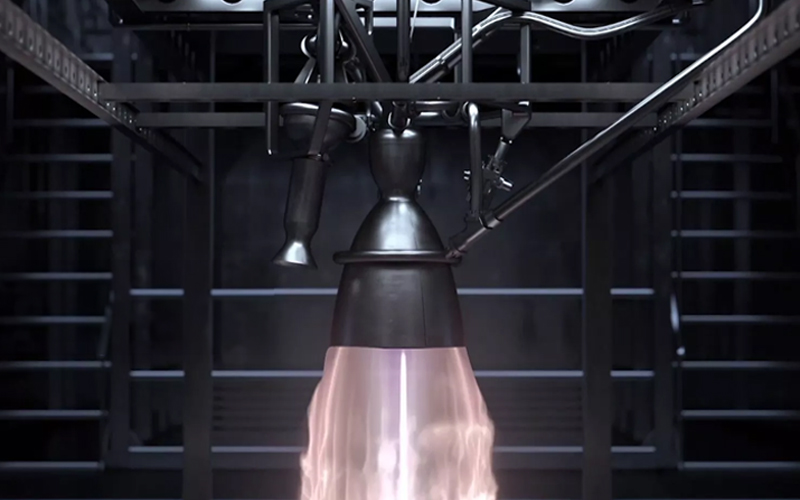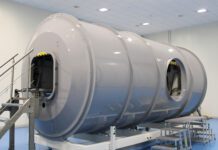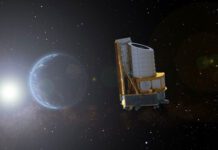
The European Space Agency has published an intended tender aimed at beginning the development of a very high thrust rocket engine that could be utilized aboard future heavy-lift launch vehicles.
Published on 5 December, the tender is part of the agency’s Future Launchers Preparatory Programme (FLPP). FLPP began in 2003 and is focused on preparing technology that will be required to respond to the needs of the agency’s next-generation of launch vehicles. The tender also references ESA’s human space transportation efforts, hinting at a possible application for the technology to be developed.
Currently, ESA is working towards launching its Vulcain 2.1 and Prometheus liquid rocket engines for the first time. While Vulcain 2.1 will serve as the primary engine for the Ariane 6 core stage, Prometheus is being developed to equip the next generation of European launch vehicles. Prometheus is, however, only capable of producing 100 tonnes of thrust, a capability that ESA appears to feel is inadequate for its as yet undefined future heavy-lift launch vehicles.
As a result, the agency plans to launch its Very High Thrust Propulsion Building Block for Increased Performance Launchers project. The aim of the project is to develop an engine capable of generating at least 250 tonnes of thrust, which is in the same ballpark as the SpaceX Raptor engine that powers the company’s Starship launch vehicle.
The project is, however, only in its very earliest study phases. The published tender outlines a number of outcomes, including the elaboration of a potential market, exploring the high-level requirements of a very high thrust engine, and the identification of critical enabling technologies required to derisk the project.
Any significant work on a very high thrust engine will likely have to wait until after the next ESA ministerial-level council meeting, which will take place in late 2025.







